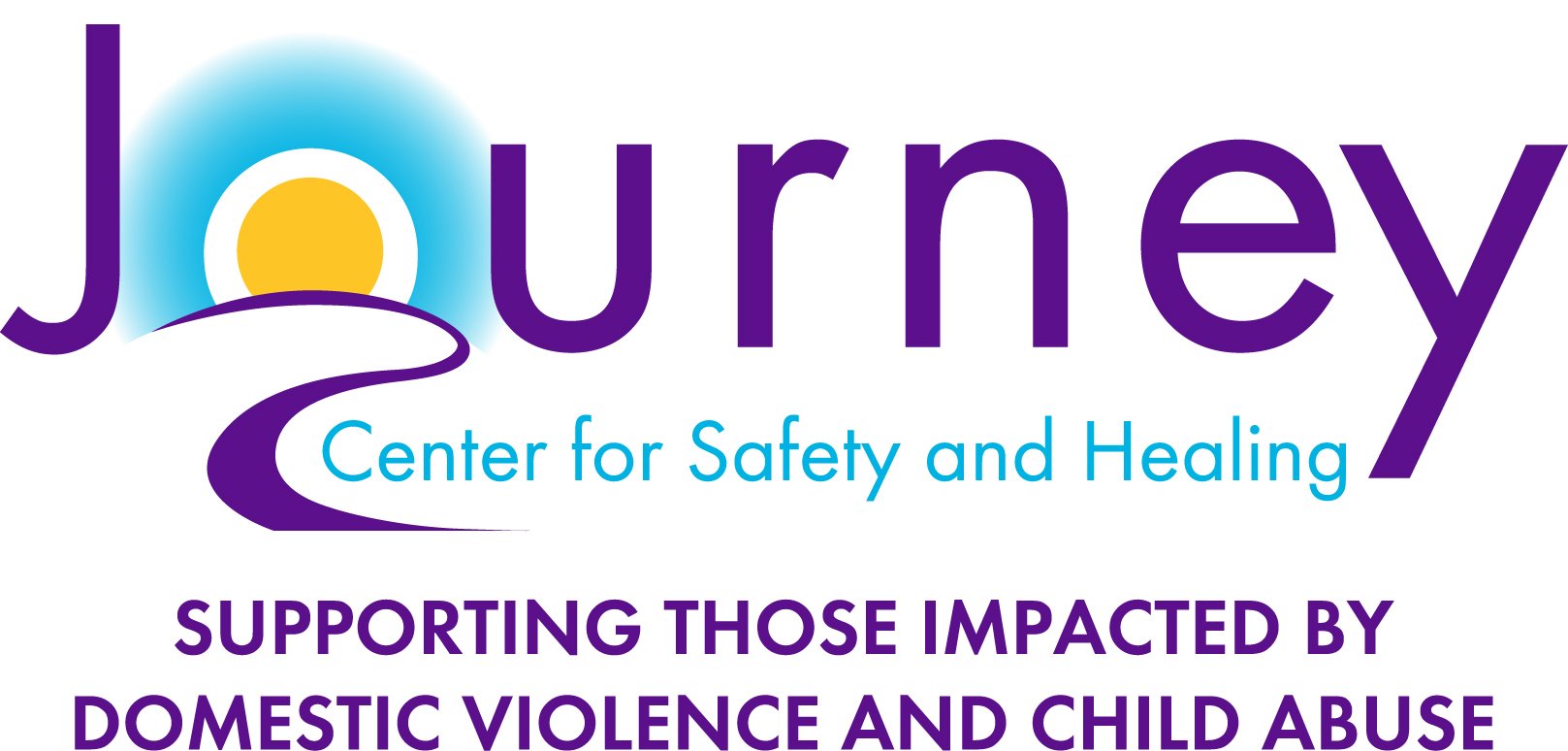Let's Talk: Stalking Tactics
Understanding the tactics that a stalker may employ is necessary for recognizing and addressing stalking behavior. While some stalking behaviors may not be illegal when evaluated in isolation, they become alarming when viewed as a repeated pattern that leads to significant changes in the victim's daily life. Stalking can take many forms, and knowing the tactics can empower individuals and communities to respond effectively.
Here, we will explore the major stalking categories: surveillance, life invasion, intimidation, and interference. It’s important to remember that these categories overlap and build on each other.
Surveillance is one of the most commonly identified stalking tactics. It involves the stalker monitoring the victim’s activities, often without the victim’s knowledge. This tactic is demonstrated in various ways, from following the victim in person to tracking their movements through technology. With the rise of smartphones and social media, perpetrators may use these platforms to keep tabs on their victims, checking their online activities, or attending locations they frequent.
Life invasion involves invading the victim's personal life and space without consent. This tactic can include uninvited visits, sending unwanted gifts, or even insertion into the victim's social circles. Victims of life invasion may feel as if their personal boundaries have been completely disregarded.
Intimidation is a tactic used to instill fear and exert control over the victim. Stalkers may use aggressive communication, threats, or other forms of harassment to intimidate their victims. This can consist of verbal threats, leaving unsettling notes, or even displaying violent behavior. The aim is to create an environment where the victim feels they must obey with the stalker's demands or live in fear of repercussions.
Interference involves the stalker's efforts to disrupt the victim's life, relationships, or professional activities. This could involve sabotaging the victim's work or education, contacting their employers or colleagues, or even attempting to increase conflict in their personal relationships. This tactic can further isolate victims, making it challenging for them to seek help or support.
Here are some common methods used by stalkers, which can escalate the level of intimidation experienced by their victims:
Repeated phone calls, voicemails, emails, or text messages
Monitoring a victim’s phone activity or computer usage
Sending unwanted gifts, letters, or cards
Using technology, such as hidden cameras, to watch the victim
Vandalizing or destroying a victim’s property, car, or home using a third party to contact or stalk the victim
Using children to harass or monitor the victim
Posting information or spreading rumors about the victim on social media sites, in public places, or by word of mouth
Driving by, waiting at, or showing up at the victim’s home, school, or work
Committing identity theft or financial fraud against the victim, such as opening, closing, or taking money from accounts
Threatening to hurt the victim or their family, friends, or pets
The effects of stalking can impact every aspect of a victim’s life. The fear induced by stalking behaviors can disrupt a victim’s daily functioning and lead to a compromised sense of safety. Awareness and understanding of these abusive behaviors are critical, not only for victims and their loved ones but also for communities and advocates working to combat stalking.
If you are unsure if you or someone you care about is being stalked, ask these questions from SPARC (Stalking Prevention, Awareness, and Resource Center):
Is the offender following you, watching you, showing up unexpectedly, or communicating with you in ways that seem obsessive or make you concerned for your safety?
Has the offender repeatedly initiated unwanted contact with you (for example, repeated phone calls, texts, messages, emails, gifts, etc. or through third parties)?
Has the offender threatened you or done other things to intimidate you? What have they done that has frightened or alarmed you?
Has the offender significantly and directly interfered with your life? Have they assaulted you while stalking, harassing, or threatening you? Have they forcibly kept you from leaving or held you against your will, caused you to have a serious accident, physically assaulted your friends or family members, or seriously attacked you in other ways?
It’s crucial to remember that no one should navigate this experience alone. At Journey Center, we are committed to supporting individuals affected by intimate partner stalking and providing resources to reclaim their safety and peace of mind. You are not alone, and together, we can work towards healing and empowerment. Reach out today for the support you deserve.
Call or text our 24-Hour Helpline: 216.391.4357 (HELP) or live chat.
